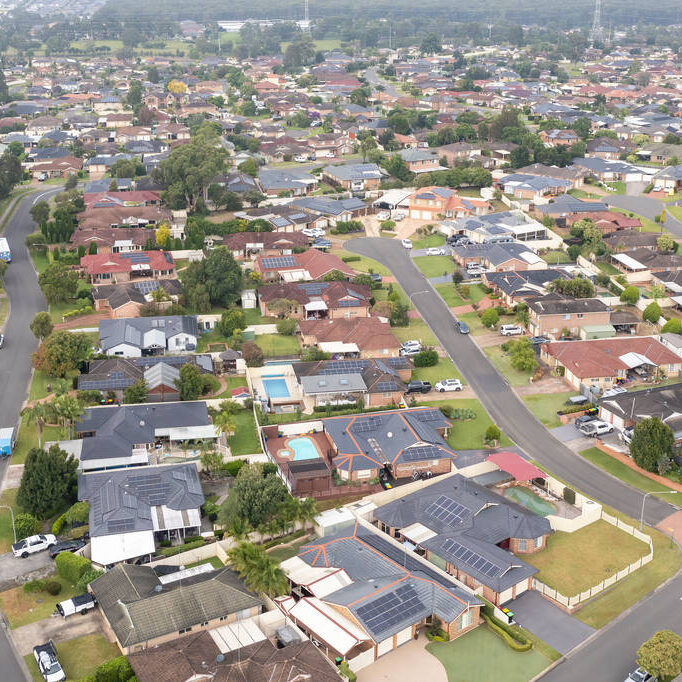You may be chasing more affordable prices, dreaming of a lifestyle change, or spotting investment potential in a different market altogether. No matter the reason, buying property in another state can be pretty tempting. But let’s be clear: buying interstate isn’t quite the same as finding a place down the road. You may have to […]
Top Tips on Saving for a House Deposit
Did you know it takes an average-income household around six years to save for a house deposit in Tasmania and about seven in New South Wales & other areas?
Saving for a house deposit is often the biggest hurdle for first-time home buyers in Australia. With property prices continuing to climb in many areas, it can feel like an uphill battle. But don’t despair! With the right strategy and mindset, you can reach your savings goal faster than you might think. That’s exactly what we’ll talk about in this blog. Here are our top tips on how to save for a house deposit faster:
Set a Clear Target
Saving for a house deposit is usually the first item you should tick off in your first-home buyer checklist. But before you start saving, you need to know exactly how much you need for a house. Research property prices in your desired area and calculate the average required house deposit. Keep in mind that a 20% deposit is often needed to avoid paying for Lender’s Mortgage Insurance (LMI) and get favourable home loan terms. It also pays to explore other essential factors that may affect the optimal home loan deposit amount needed to secure your first or dream home.
Turn Your Target into a SMART Goal
Once you know the target house loan deposit, it’s time to break down that goal into actionable plans. One thing that can help you is turning it first into a SMART goal. Essentially, SMART stands for specific, measurable, achievable, relevant and time-bound. So, how does that apply to your goal of saving for a house deposit?
Take the following steps:
- Specific: Write down what you exactly want to achieve.
- Measurable: Track your progress using apps or spreadsheets.
- Achievable: Be ruthless about your goal, but be realistic to ensure you can achieve it. For instance, you may have to stick to saving a few hundred dollars consistently rather than in large amounts.
- Relevant: Align your actions and progress with your personal goals.
- Time-bound: Set a clear deadline for your goal to maintain motivation.
With the structure of a SMART goal, it might be easier for you to save consistently and stick with your cost-cutting plans and other saving strategies over a long period.
Automate Your Savings
As you start saving for a house deposit, consider setting up an automatic transfer to your savings account on payday. Treat it like a non-negotiable expense. Start with 10% of your income and increase it as you adjust your spending habits.
Also, leverage high-interest savings accounts. For instance, if you save $1,000 monthly in an account with a 3% p.a. interest rate, you’ll earn over $500 in compound interest in the first year alone. Some banks even offer bonus interest for regular deposits or no withdrawals, so shop around for the best savings account rates before setting up an automatic transfer every payday.

Sell Unused Items & Reorganise Your Spending
Saving for a huge thing like a house deposit requires some compromise. It might be a good time to let go of items you no longer use or align with your life goals. This could involve selling a second family car that’s rarely driven or reorganising your finances to focus on saving for a few months. Here are some ideas to consider:
- Sell unused items. Letting go of a second car, boat, bike, or old phone can give your savings a significant boost. That old electric guitar gathering dust could also fetch a few hundred dollars. Host a garage sale or use online platforms, like eBay or Facebook Marketplace, to turn your clutter into cash.
- Part ways with non-essential bills. Reducing your outgoings is a quick and impactful way to drive more money to your savings. Audit your expenses and credit card accounts to identify old subscriptions and other items you can eliminate. While cutting a $15 weekly subscription may seem insignificant at first, note that it adds up to about $780 in savings over a year.
- Consider living on one salary while saving the other. Are you and your spouse or partner saving up together for a house loan deposit? Consider reorganising your spending to live on one salary while saving the other. This may require tighter budgeting for a while, but it can help you build a larger deposit more quickly.
Reduce Your Rent or Consider Moving Back Home
What if you’re renting? How can you save for a house deposit while renting?
If you’re single, renting a house and can’t follow the tip “consider living on one salary while saving the other,” explore the option of moving back in with your parents temporarily. This drastic move could save you thousands in rent and utilities. Just be sure to set a clear timeline and contribute to household expenses.
If moving home isn’t an option, consider downsizing your rental or finding a roommate. Cutting your rent by $100 per week saves you $5,200 a year—a significant boost to your house deposit fund.
Boost Your Income
Apart from being frugal and consistent with setting money aside for a house deposit, explore ways to augment your income. Consider taking on a side hustle or asking for a raise at work. Could you freelance, tutor, or drive for a ride-sharing service on weekends? Even an extra $200 per week can add up to over $10,000 in a year. If your budget and timeline allow, you should also look at investing some of your savings in low to medium-risk options like index funds or term deposits. Be sure to seek professional advice and understand the risks involved before jumping in.
Explore Government Schemes
You need all the help you can get when saving for a hefty house deposit. Depending on your circumstances, the government may help you reach your deposit-saving goal sooner. For instance, using your super for a house deposit is possible through the First Home Super Saver Scheme. It allows you to save up to $15,000 per financial year, up to $50,000 contributions across all years. It helps you buy your first home sooner without letting you go astray with your retirement goals.
You can also use the First Home Owner Grant as a deposit towards your new home. It may not be enough to cover the entire deposit amount required by lenders, but it’s a substantial boost to the amount you’ve already saved. So, don’t forget to explore government schemes, especially if you’re nearing your saving deadline.
Stay Focused and Be Prepared for Setbacks
Saving for a house deposit is a marathon, not a sprint. So, keep your goal visible— perhaps with a vision board or a daily reminder on your phone. Regularly revisit your ‘why’ to stay motivated during tough times. Be prepared for setbacks, too. Have a plan for unexpected expenses so they don’t derail your savings completely. If possible, build an emergency fund to avoid dipping into your deposit savings.
Final Thoughts
Saving for a house deposit undeniably requires discipline, sacrifice, and patience. But the reward—your own home—is worth the effort. So, stay committed to your SMART goal, celebrate small wins along the way, and don’t be afraid to seek advice from financial professionals and mortgage brokers. With persistence and smart strategies, you’ll hold the keys to your new home before you know it.
Enquire Now
Find Your Perfect Finance Solution
Let's discuss your finance needs. We’re here to help.
More posts from Deltos Finance
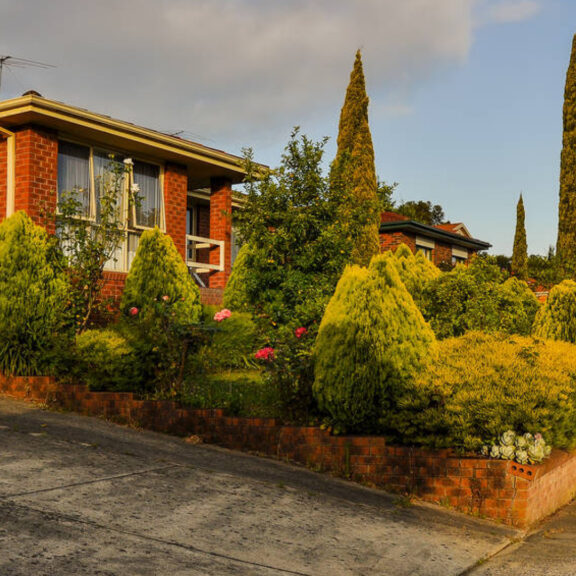
Suburbs with the Highest Rental Yield in Tasmania
The term “rental yield” is music to any property investor’s ears. It’s the key metric that indicates the annual return on your investment, essentially the percentage of the property’s value that comes back to you in rental income. In a market like Tasmania, which has been gaining traction for its overall investment appeal, pinpointing the […]
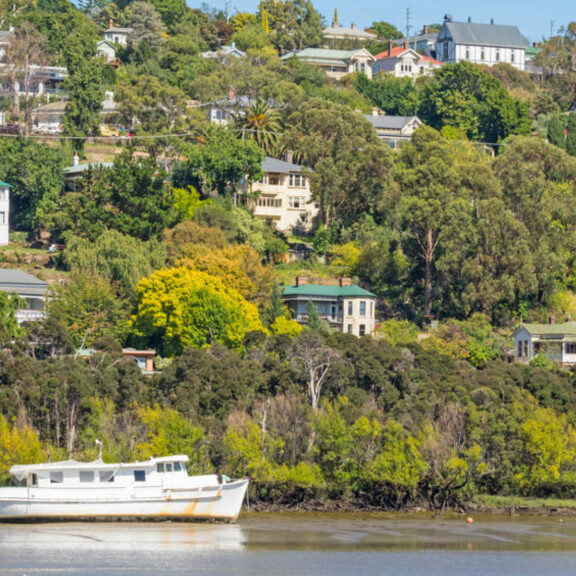
Launceston: A ‘Second Wind’ Property Market You Should Invest in Now
When talk turns to Tasmania’s property scene, it’s easy for the spotlight to shine brightly on Hobart, with its bustling waterfront and historic charm. But just a little further north, nestled at the head of the picturesque Tamar Valley, lies Launceston—a city that quietly hits its stride and presents a compelling proposition for savvy property […]
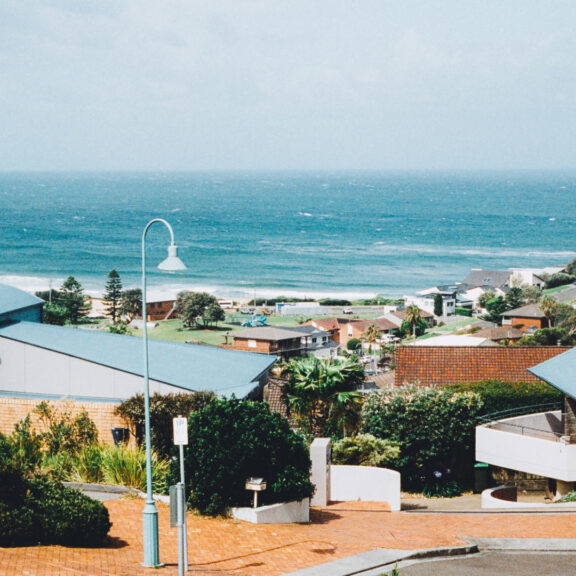
How Often Does Property Double in Value?
Every homeowner has likely dreamed of their property doubling in value in the future, turning into a valuable nest egg or funding their next big adventure. But how long does it actually take for a property to double in value? And how often does it happen? While there’s no magic eight-ball to predict the property […]

Stamp Duty Exemption for First-Home Buyers in Tasmania: Has It Paid Off?
Purchasing a property has historically come with major financial difficulties, especially for first-home buyers in Tasmania or any other state for that matter. The stamp duty is one of those most notable monetary challenges for homebuyers. Essentially, it’s a tax levied on property purchases that often adds tens of thousands of dollars to upfront costs. […]
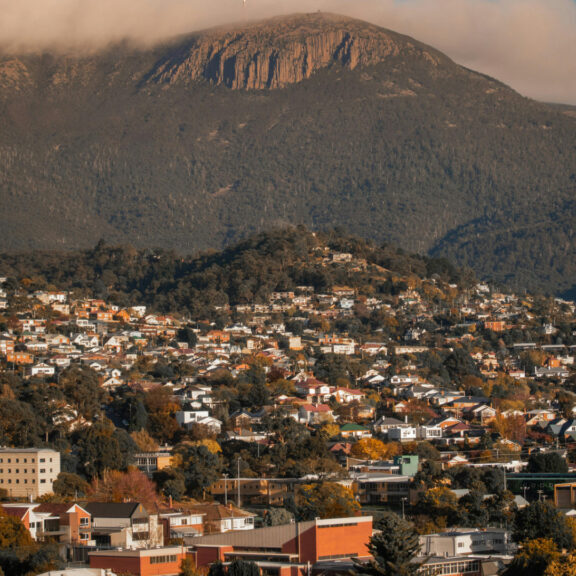
Difference Between Airbnb and Traditional Renting in Hobart
Hobart’s property market has become a hotspot for investors largely because of its strong tourism demand and stable rental market. But that doesn’t mean all property investments in this Tasmania capital are a sure win. One factor to consider is deciding between short-term rentals like Airbnb and traditional long-term renting. Each option has distinct advantages […]
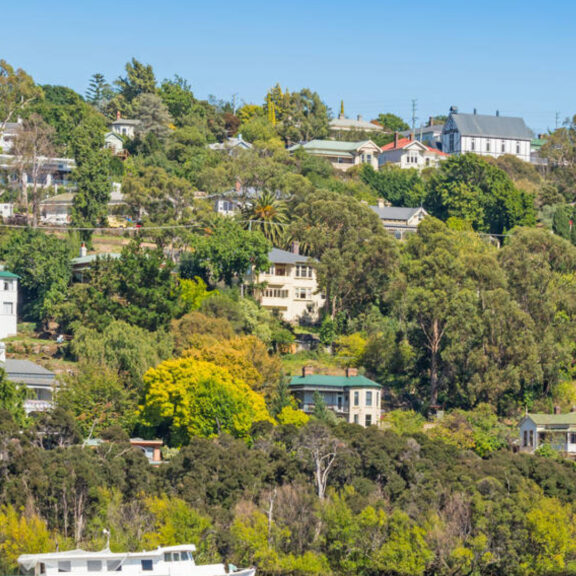
Is Launceston a Good Place to Live?
The short answer is yes, especially if you want a more affordable lifestyle without giving up access to key services, natural beauty, and long-term opportunities. Also, with its blend of heritage charm, steady economic growth, and a property market still within reach for many Australians, Launceston, Tasmania, is gaining momentum as a popular area for […]

Hobart Property Management Fees: A Complete Guide
You’ve already secured an investment loan and finalised your rental property purchase in Hobart. Now, it’s time to take action by listing the property for rent and managing it effectively to start generating rental income. But how much should you expect to spend on property management in Hobart, Tasmania? As Tasmania’s capital continues to attract […]
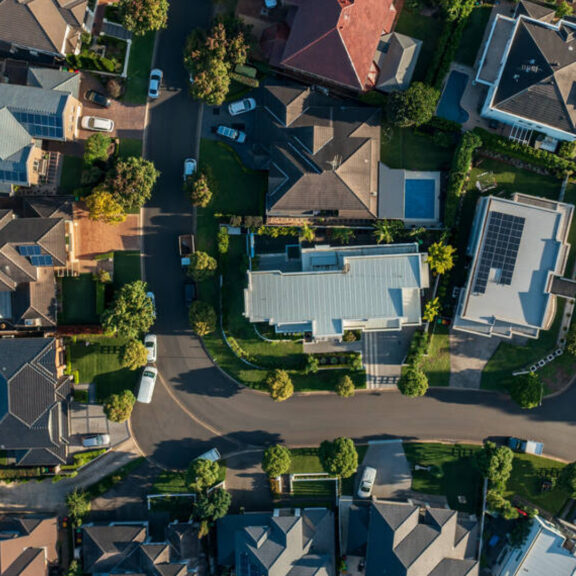
How Rising Property Prices Affect Your Home Loan and Buying Potential
Here’s the good news: the Australian real estate market has been experiencing significant growth in recent years, with house prices in major cities reaching record highs. It can be a huge win for homeowners and investors, especially those planning to sell their properties soon. However, this can be an issue for potential property buyers, including […]

Build Your Wealth with a Simple Guide to Using Your Home Equity
Building wealth requires adopting the right mindset and being strategic when using available financial instruments. Essentially, it’s about making your money work in your favour. But what if you don’t have enough cash to start creating wealth? There’s an underutilised strategy that we want to share with you, and that is leveraging your home’s equity—the […]


